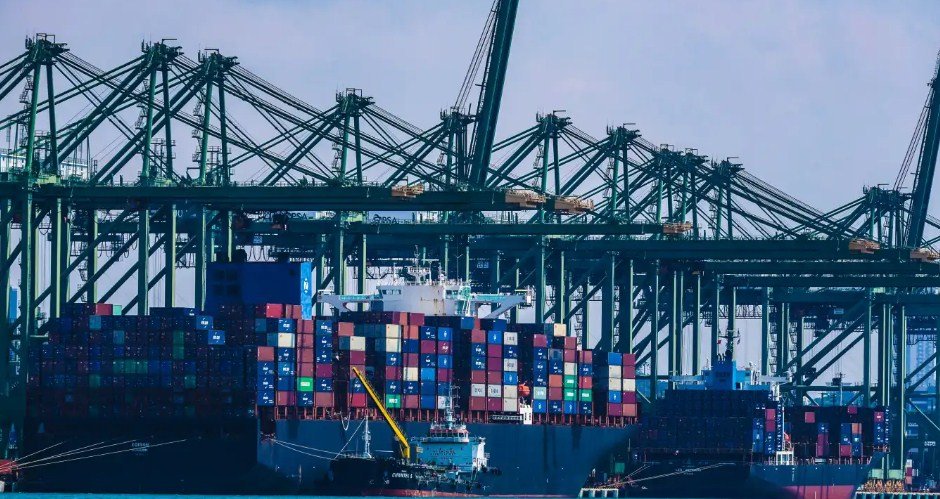Southeast Asia’s venture capital (VC) industry has faced a challenging year in 2023, as the global economic slowdown and the Covid-19 pandemic have dampened investor sentiment and reduced deal activity. However, many VC firms in the region are optimistic that 2024 will bring a recovery and a resurgence of funding opportunities for startups.
VC fundraising hit a record high in 2022
Despite the difficulties in 2023, Southeast Asia’s VC scene has a solid foundation to build on. In 2022, VC funds in the region raised a record $3.03 billion, surpassing the total raised in 2021, according to data from DealStreetAsia. There were 90 ASEAN-based funds in operation, targeting a combined $9.85 billion.
Some of the notable funds raised in 2022 include Sequoia Southeast Asia’s $850 million fund, East Ventures’ $550 million fund, and Insignia Ventures Partners’ $516 million fund. These funds have been active and aggressive in deploying capital, backing startups in sectors such as e-commerce, fintech, healthtech, and edtech.

VC investment slowed down in 2023
However, 2023 has been a different story. According to data from Crunchbase, venture capital-backed companies in Southeast Asia raised only $369 billion for the first three quarters of 2023, a far cry from the whole of last year’s record-breaking feat of $679.4 billion invested globally. VC firms have been more cautious and selective in their investments, as valuations have declined and growth prospects have dimmed.
Some of the factors that have contributed to the slowdown include the rising interest rates, the tech stock slump, the regulatory crackdown in China, and the prolonged Covid-19 crisis. Many startups have faced challenges in scaling their businesses, defending their market share, and maintaining their profitability in the face of these headwinds.
VC outlook for 2024 is positive
Despite the gloomy outlook for 2023, many VC firms in Southeast Asia are confident that 2024 will be a better year for the industry. They cite several reasons for their optimism, such as:
- The region’s rising internet economy and its favorable demographics for growth. Southeast Asia has a population of over 650 million people, with more than 400 million internet users. The internet economy is expected to grow from $100 billion in 2019 to $300 billion by 2025, according to a report by Google, Temasek, and Bain & Company.
- The emergence of new startups and founders that are solving regional and global problems. Southeast Asia has produced several unicorns and decacorns, such as Grab, Gojek, Tokopedia, Bukalapak, and Traveloka, that have inspired a new generation of entrepreneurs. Many of these founders have come from successful tech companies or have returned from overseas education or work experience.
- The availability of dry powder and the appetite for innovation. Despite the slowdown in 2023, VC firms still have plenty of capital to deploy, as they have raised record amounts in 2022. They are also looking for new opportunities and trends, such as climate tech, social commerce, and blockchain, that could disrupt the status quo and create value for society.
VC advice for startups in 2024
As the VC industry prepares for a rebound in 2024, VC firms have some advice for startups that are seeking funding or scaling their businesses in the region. Some of the tips include:
- Be sensible and build enduring business models with robust corporate governance. Startups should focus on creating sustainable value for their customers, rather than chasing vanity metrics or inflated valuations. They should also adhere to high standards of ethics, transparency, and compliance, especially in the wake of the regulatory scrutiny in China and other markets.
- Be adaptable and resilient in the face of uncertainty and change. Startups should be ready to pivot, iterate, and innovate in response to the changing market conditions and customer needs. They should also be prepared to overcome the challenges and risks posed by the Covid-19 pandemic, such as health and safety, supply chain, and talent retention.
- Be collaborative and network with the ecosystem. Startups should leverage the resources and support from the VC community, as well as other stakeholders, such as mentors, peers, partners, and customers. They should also seek to collaborate and co-create with other players in the ecosystem, rather than compete or isolate themselves.
